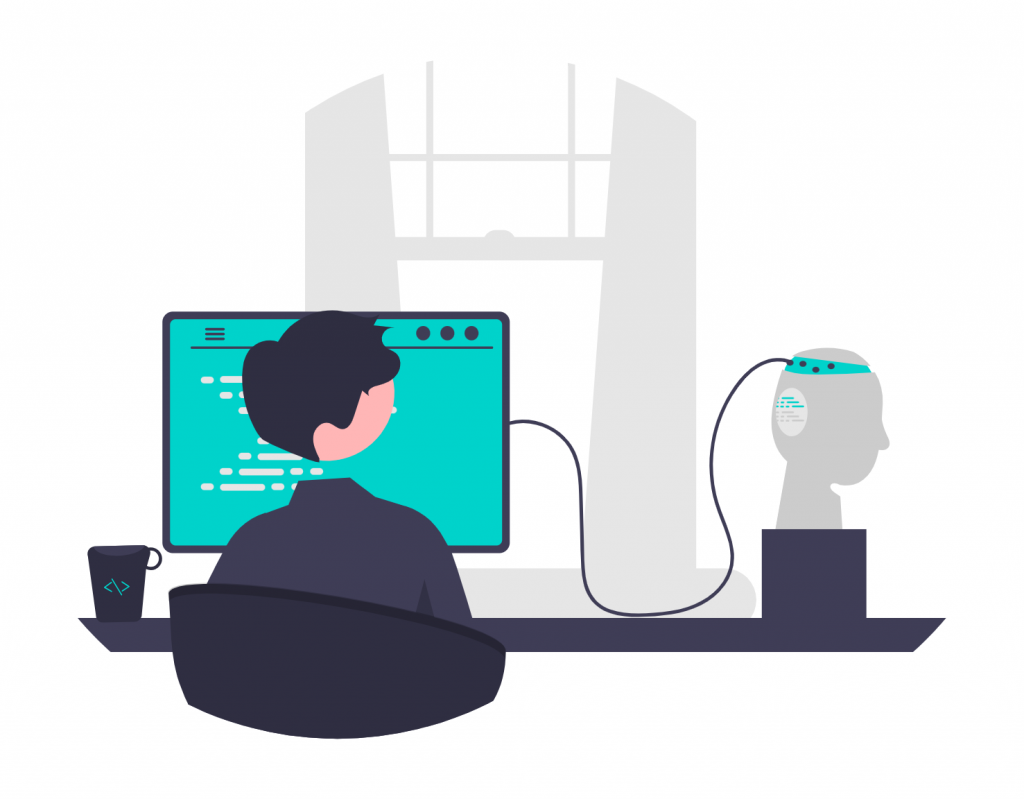
In recent years, we’ve all seen how localization has undergone quit a deep transformation thanks to the advances in technology. Agentic AI is a multi-agent AI system capable of operating autonomously within complex environments. It doesn’t just follow instructions. No, this one is capable of making decisions, it adapts dynamically, and learns from feedback. This is huge for the translation and localization industry, because it’s turning what was once a static process into a dynamic (and scalable) ecosystem. Let’s see how.
From static translation to intelligent adaptation
Traditional translation models are those either human-driven or supported by earlier machine translation systems. They were built on linear workflows. How they work is that a source text passes through a translator or machine translation engine and then undergoes quality checks, cultural adaptation, and formatting. While it might be okay, they are kind of time-consuming, costly, and difficult to scale.
Agentic AI disrupts this model by embedding intelligence and autonomy at each stage of the translation pipeline. These agents can do more than just translate words. In addition to this, they can interpret meaning, understand context, and even adjust tone based on cultural expectations.
What makes AI “agentic”?
Agentic AI refers to systems that exhibit autonomy, proactivity, and adaptability. These systems can make decisions based on goals, environmental cues, and long-term strategies rather than following rigid scripts.
When we think of localization, this means an agentic translation AI can:
- Identify when a direct translation would lead to confusion or offense.
- Determine which content elements (like colors, images, or metaphors) should be culturally localized.
- Collaborate with other agents or humans to complete a task with minimal oversight.
Localization at scale
Something that localization has always struggled with is scale. Large enterprises often need to translate and localize vast amounts of content into dozens of languages. Prior to agentic AI, doing this effectively either required massive human resources or resulted in compromise on quality.
Thanks to agentic AI, it’s now possible to do near real-time localization across multiple channels. Plus, AI agents can monitor user interactions with localized content and fine-tune future outputs based on feedback. This creates a feedback loop where the system continuously improves, sort of like a skilled human translator who learns from experience.
Augmentation, not replacement
Now let’s address the growing concern that AI will take over our jobs. The rise of agentic AI in localization doesn’t imply that human linguists will become obsolete. It rather shifts their role from labor-intensive translation to oversight and refinement. Human translators will act more as editors, cultural consultants, and AI trainers.
In fact, translation and localization companies are already integrating agentic AI with human-in-the-loop systems. It’s a way of making sure that AI-generated translations align with brand voice, cultural norms, and contextual accuracy. A hybrid workflow combines the best of both worlds: AI speed and scalability with human intuition and empathy.
How about the challenges?
Agentic systems learn from large datasets, so there’s always the risk of bias, as they may inherit stereotypes or cultural insensitivities embedded in that data. If you leave this unchecked, you could end up with some tone-deaf or even offensive translations.
There’s also the question of accountability when AI agents act autonomously. If an AI agent makes a localization choice that harms a brand’s reputation or leads to misinformation, who is responsible? Another big concern is data privacy. AI systems often require access to proprietary content and user interaction data to optimize localization.
The road ahead
Safe to say the potential of agentic AI in localization is enormous. It’s more than just the next step in machine translation. This new generation of AI agents brings with it the power to operate autonomously, collaborate with humans, and scale with efficiency as never before.
Still, this power comes with responsibility. When you deploy agentic AI across markets around the world, questions of transparency, fairness, and cultural sensitivity must be treated seriously. We need to build systems that are smart but also ethically grounded.